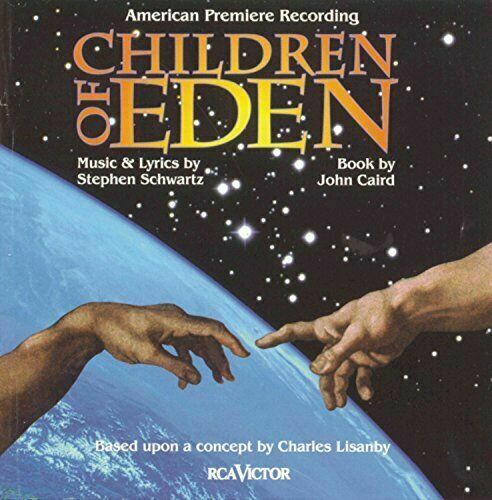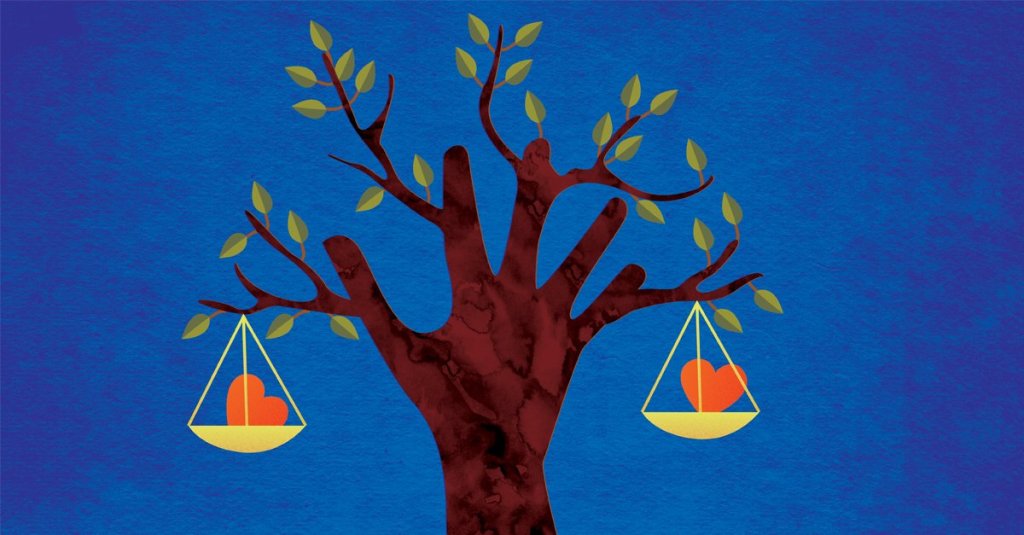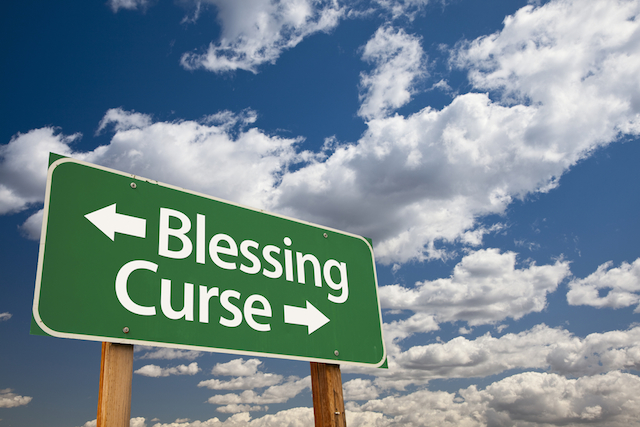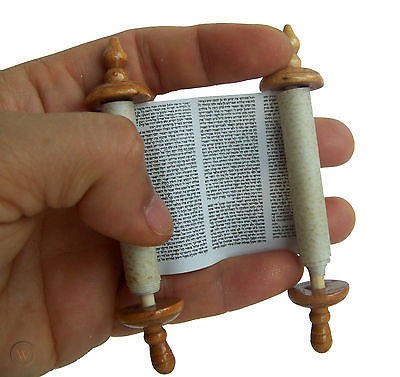It started as a “give a moose a muffin” kind of task. The Navy Base where I’ve been leading Kabbalat Shabbat and teaching needed a new ark for the Torah. They graciously rebuilt a cabinet for us, but it needed something important – a curtain for the ark. “I’ll do it” It’s only 8 seams.
Got home, pulled out my trusty old (emphasis OLD) Sears Kenmore sewing machine, and it was basically a brick. Took a while to find a repair shop for sewing machines, and when I finally got there, they said for what it would cost to fix, I could get a new one.
So I did. I could thread my old one without looking. This basic model one had some very fancy things, plus basic things in different places, and a long users’ manual. It took a long time to pick a fabric. What would look best covering a Torah?
Finally I took to the task today. I set it up. I tried to fill a bobbin. I tried to thread it. Back to the manual. I pulled out all my old sewing boxes and actually found (almost) everything I needed, reaquainting myself with my 7th grade home ec training. I practiced on a rag to see if it all worked.
The first stitch. Suddenly, a feeling of intentionalilty and holiness filled me, along with an unnusual sense of calm. I’m making something to adorn a Torah. I started. I stalled (literally) I fixed it. Back to the rag to test it. It would take as long as it needed to take to get it right. I listened to some favorite music. I measured and cut and stitched, all the while with the Torah in my head and heart. I know there’s a metaphor in there somewhere.
It had been a long time since I’d sewn anything, and all my physical familiarity with the process came back. But this first time back, in front of a new machine, using old skills, learning and doing and taking my time, felt really different.
I’ll be up at the Base tomorrow night, and will thread the new curtain through the rods in place, draping the Torah in joyous new fabric, 8 seams mostly straight. Pride is not the word I’m looking for (hem m’vinim y’vanim) But when I stand in front of the ark tomorrow evening, I’ll know I’ve made Torah a part of me, that I had a hand in making Torah mine. That is the core of my teaching, after all.
Torah belongs to everyone. We engage, we comment, we argue, we respect, we honor those words and stories. I added a little of my story to it today.









